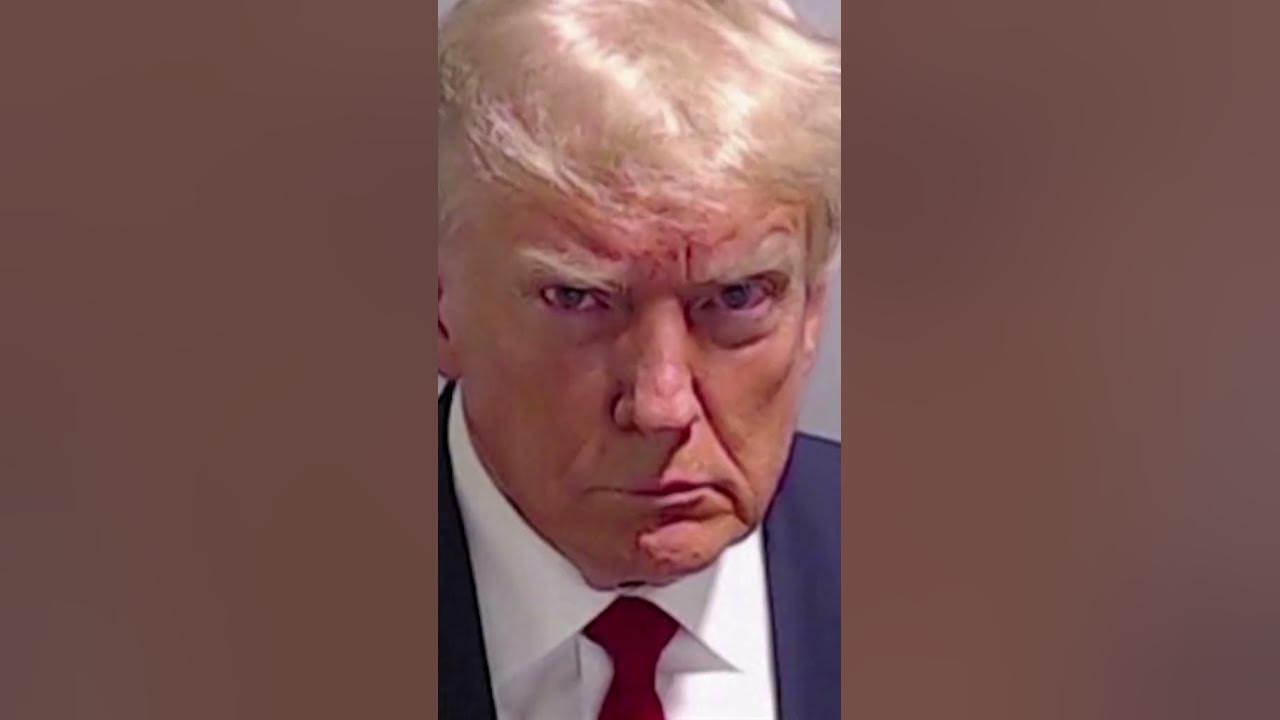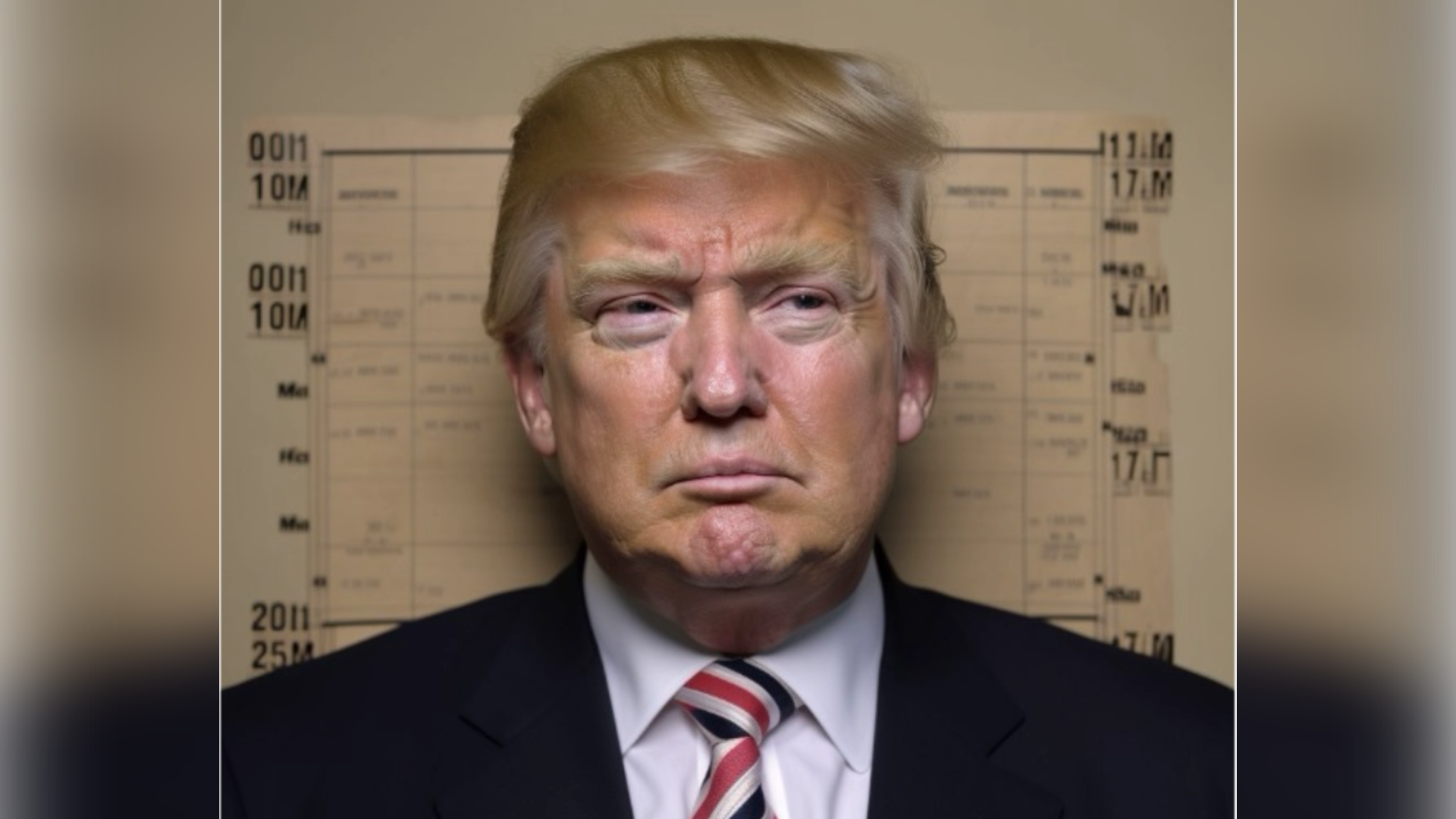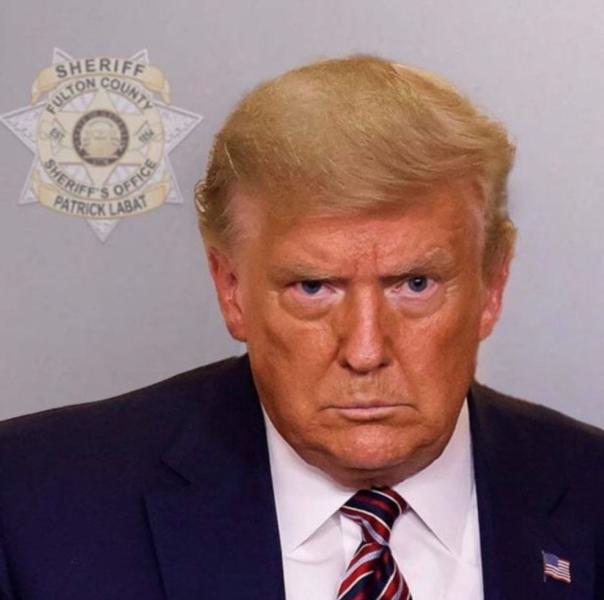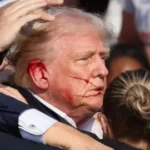Introduction
The term “Trump shooter” refers to a significant and alarming incident involving an individual who allegedly attempted to harm former President Donald Trump. This event has sparked intense debate about political violence, security protocols, and the broader implications for American society. In this article, we will delve into the details of the incident, explore its background, and analyze the broader consequences of such acts of violence.Trump shooter
The Incident: What Happened?
Timeline of Events
The incident in question occurred during a public rally where Donald Trump was set to speak. As the event unfolded, a suspect attempted to breach security, raising immediate alarms among law enforcement and event organizers. This breach led to a swift response, including the apprehension of the individual involved. Details surrounding the incident emerged quickly, prompting widespread media coverage.
The Shooter’s Profile
The individual identified as the “Trump shooter” had a history of expressing extreme political views. Social media accounts revealed a pattern of radical rhetoric, which raised concerns about the role of online platforms in amplifying extremist sentiments. Understanding the background of the shooter is crucial in examining the factors that contributed to this dangerous act.
The Political Climate in America
Rising Polarization
The United States is experiencing a period of heightened political polarization. The “Trump shooter” incident serves as a stark example of how deeply divided the nation has become. People are often categorized into opposing camps, leading to an environment where some may resort to violence as a means of expressing their dissent.
The Influence of Rhetoric
Political rhetoric plays a crucial role in shaping public perceptions and behaviors. In the months leading up to the incident, inflammatory language from various political figures created an atmosphere where violence seemed more acceptable to some individuals. Analyzing these patterns can help us understand the psychological triggers that lead to extreme actions.
Media Coverage and Public Response

Sensationalism vs. Responsibility
The media’s coverage of the “Trump shooter” incident has sparked debates about the balance between sensationalism and responsible reporting. While there is a need to inform the public about such serious events, excessive sensationalism can lead to further anxiety and even copycat behavior. Journalists have a responsibility to report factually while avoiding language that could incite more violence.
The Role of Social Media
Social media platforms have become battlegrounds for political discourse. The shooter’s presence on these platforms highlights the potential for radicalization through digital interactions. The spread of misinformation and extremist content can lead vulnerable individuals to take drastic actions. Addressing this issue requires cooperation between tech companies and lawmakers to create safer online environments.
Security Implications
Enhancing Safety Protocols
In the wake of the shooting attempt, there has been a significant push for enhanced security measures at political events. Increased screening processes and the presence of law enforcement have become standard in order to prevent similar incidents. However, these measures also raise concerns about the implications for free speech and public accessibility.
The Impact on Political Figures
The psychological toll of threats and violence against public figures is profound. Politicians, including Trump, face constant scrutiny and anxiety, which can affect their ability to engage with constituents. This sense of fear can create an isolated political atmosphere where dialogue is stifled, ultimately harming democracy.
Addressing the Underlying Issues

Understanding Radicalization
To effectively combat incidents like the “Trump shooter,” it is vital to address the root causes of political extremism. This includes understanding how individuals become radicalized and what social, economic, and psychological factors contribute to their actions. Community outreach programs and mental health support can play a significant role in preventing radicalization.
Fostering Civil Discourse
Promoting civil discourse is essential in mitigating the effects of political polarization. Initiatives that encourage respectful discussions across party lines can help reduce tensions and foster understanding. Educational programs focused on critical thinking and media literacy can empower individuals to engage with differing opinions constructively.
Legal Ramifications
Charges and Legal Proceedings
Following the incident, the shooter faced a range of legal charges. These can include attempted assault, threats against a public figure, and various firearm-related offenses. Legal proceedings in such cases often draw public attention, highlighting the complexities of the judicial system in addressing politically motivated violence.
The Role of Law Enforcement
The role of law enforcement is critical in ensuring the safety of public events. Agencies must continuously evaluate and improve their strategies for managing potential threats. This includes intelligence gathering, community policing, and effective communication with event organizers to ensure comprehensive security measures are in place.
Conclusion

The “Trump shooter” incident serves as a sobering reminder of the fragility of democratic discourse in the United States. As the nation grapples with issues of political violence and extremism, it is crucial to foster an environment that encourages dialogue and understanding. By addressing the root causes of radicalization and promoting civil discourse, society can work toward a more cohesive future. The responsibility lies not only with political leaders but with all citizens to advocate for a culture of respect and tolerance.



